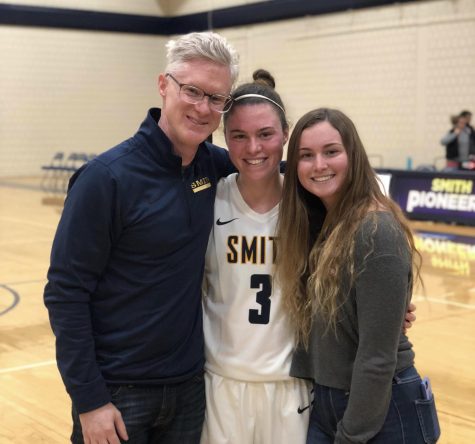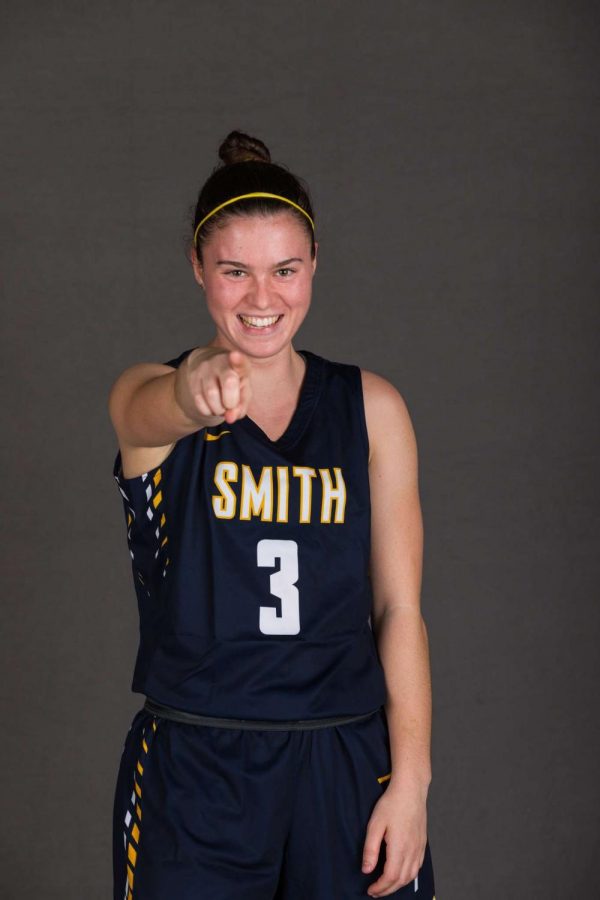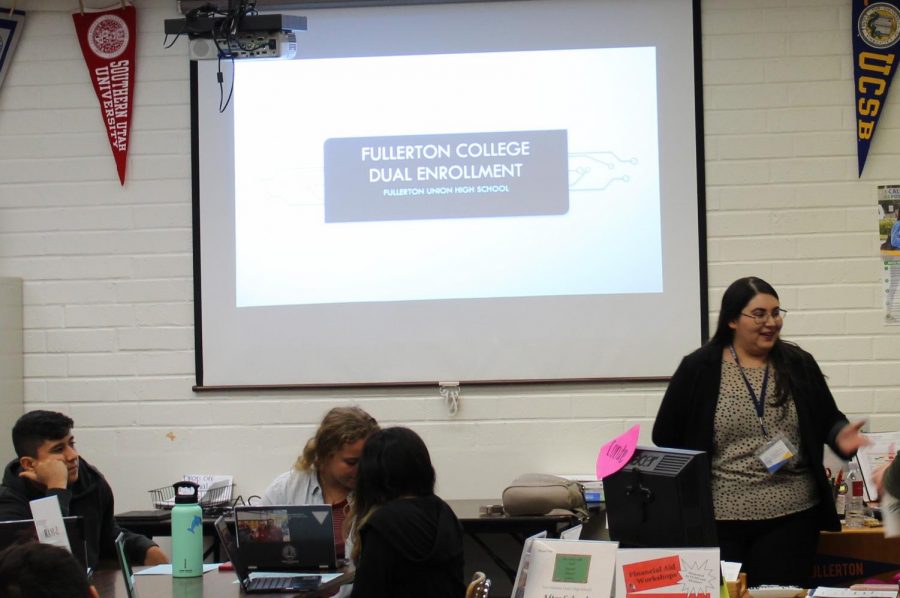Meryl Streep, 21-time Academy Award nominee. Madeleine Albright, the first female Secretary of State. Helen Keller, the first deafblind person to graduate from college. Emily Dickinson, America’s best-known female poet. Hillary Clinton, the first woman to represent a major party as a presidential nominee. The list goes on and on.
These women are all successful and have pursued vastly different careers. What they all have in common? They attended a women’s college.
Yes, women’s colleges are a thing. But attending one is often viewed as an unappealing choice. Why? Because there are no boys there? Because everyone is a raging feminist? Because every bathroom would have a long line?
First of all, there are boys there. Confusing? Most modern women’s colleges offer co-ed courses where students from surrounding universities can enroll in, and vice versa. For example, a female student at Bryn Mawr College (a women’s college) in Pennsylvania is able to enroll and take courses at University of Pennsylvania (a co-ed university), and UPenn students can take courses at Bryn Mawr.
Second, women’s colleges display some of the most academically engaging and challenging courses that allow students to pursue not only their major, but other interests as well. Smith College (a women’s college) in Massachusetts does not have any distribution requirements for graduation, other than completing the units for a chosen major. A student at Smith is required to complete 64 units outside of their major, encouraging her to study diversely.
Wellesley College (a women’s college) in Massachusetts offers a student-teacher ratio of 7:1, and on the high end, Barnard College (a women’s college within Columbia University) in New York offers a ratio of 10:1, allowing students to develop valuable relationships with professors.
Emma Zener, who graduated from La Habra High School two years ago, is now a sophomore basketball player at Smith College.

“I was originally against the idea of an all women’s college. In high school, I was always asked, ‘But what will you do without guys?’ After visiting Smith, I realized that [it] provides women with the opportunity to have the education and time focused on us,” Zener said. “It’s really cool to be able to be THE basketball team, and not worry about being overshadowed by the men’s team.”
“High school girls should not exclude a college solely because of the population. An all women’s college may be the perfect fit for someone. Also, the four years at a women’s college are all about YOU. In a male dominated society, it is amazing to have the option to have an education catered and celebrating you,” Zener said.
Women’s colleges also emphasize sisterhood and a female support system (sort of like a school-wide sorority), where students learn how to empower, and care for each other. In a society where women so often are disbelieved, discouraged, and demeaned, this element is vital.
Mrs. Emily Markussen, the FUHS Speech and Debate coach also attended Smith College, and there furthered the element of sisterhood.
“I took a hundred freshmen to UPenn and they all went to a frat house, they all got drunk. The next day all the senior girls and I picked them up, took care of them, and found all of their stuff. [We were] learning how to be there for someone without being judgmental, learning how to handle crises and not running to an adult and being like ‘Oh my god fix it for me!’”
“I don’t think that when choosing a college, whether or not there are men there needs to be at the forefront of the decision. You should choose the college based on what college and career options they offer you,” Markussen said.
Smith College gives students money for internships every summer. They offer a program in Washington D.C. that facilitates political internships and Junior Abroad programs in nearly every country of the world.
“There’s a lot that [women’s colleges] have to offer that co-ed schools might not have had to offer. It would be silly of me to not take those opportunities because ‘Oh my god, guys aren’t around.’ You should choose a college based on what it’s going to do for you. You’re going to college to discover the rest of your life. You have to put your life first. You can date anywhere, I promise,” Markussen said.







